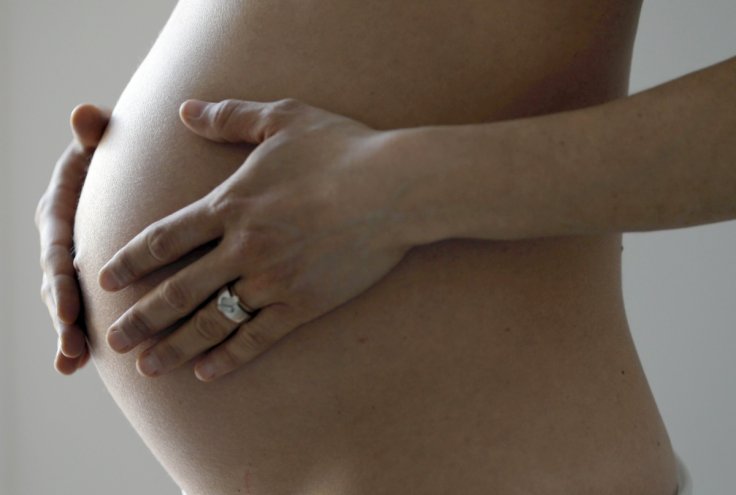
Adaptation to upcoming conditions may include changes in fertility, said a new study by an international group of researchers, who examined the economic channels through which climate change could affect fertility, including sectoral reallocation, the gender wage gap, longevity, and child mortality.
They found that through its economic effects, climate change will affect fertility, based on how much time and money will be used for child rearing. It also depended on choosing between using the resources for more children, or focus it all on the future of each child.
Colombia and Switzerland were the examples they have examined to study how demographic effects of climate change might differ across locations and between richer and poorer countries.
Two stages of life were considered -- childhood and adulthood. Parents must decide how to divide limited resources between supporting current family consumption, having children, and paying for each child's education. Children's future income depends on parental decisions of the present, said the study.
Lead author Gregory Casey, from Williams College in Massachusetts said that global temperature rise will affect agricultural and non-agricultural sectors differently. "Near the equator, where many poorer countries are, climate change has a larger negative effect on agriculture," which they said would lead to scarcity of agricultural goods, higher agricultural prices and wages.
Ultimately, it ends up in a labour reallocation, since agriculture makes less use of skilled labour. Essentially, climate change reduces the return on learning skills, making parents invest lesser in the education of each child, and to increase fertility, said the study. However, the study found that the pattern was reversed at higher latitudes.
Co-author Soheil Shayegh from Bocconi University in Milan, Italy, said that the study suggests climate change may worsen inequalities by reducing fertility and increasing education in richer northern countries, while increasing fertility and reducing education in tropical countries.
"This is particularly poignant, because those richer countries have disproportionately benefited from the natural resource use that has driven climate change" he stated.
Finally, Casey clarified: "Our model only deals with a single economic channel, so it is not intended to give a complete quantitative account of the impact of climate change on demographic outcomes. Further work is needed on other economic channels, especially those related to health."
The study was published in the journal Environmental Research Letters.









